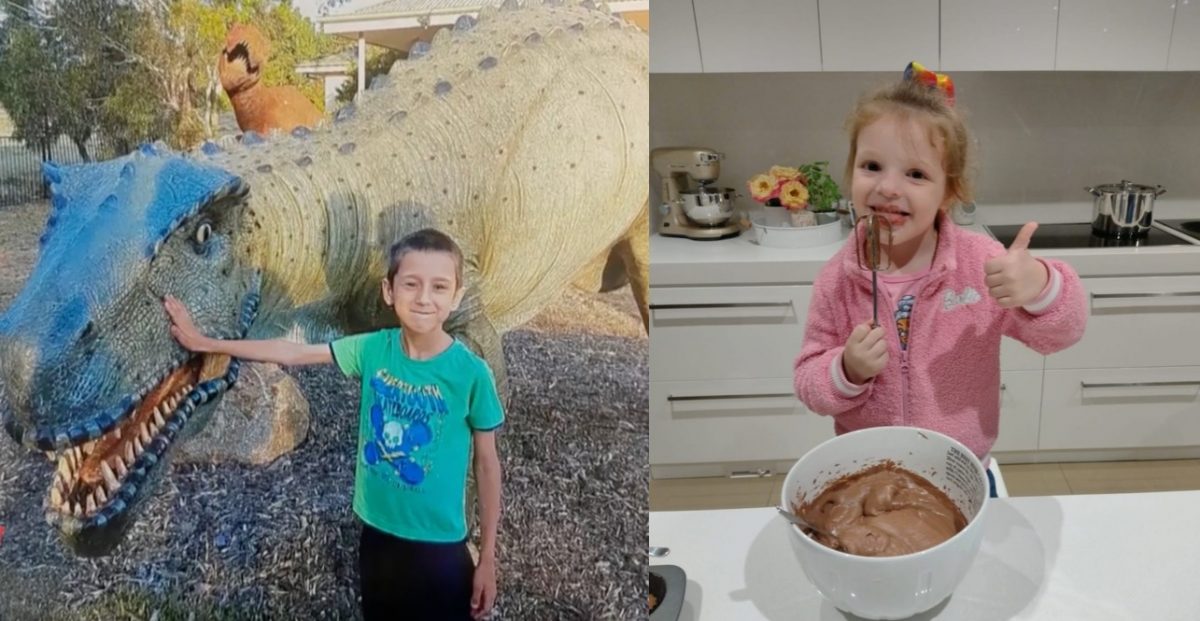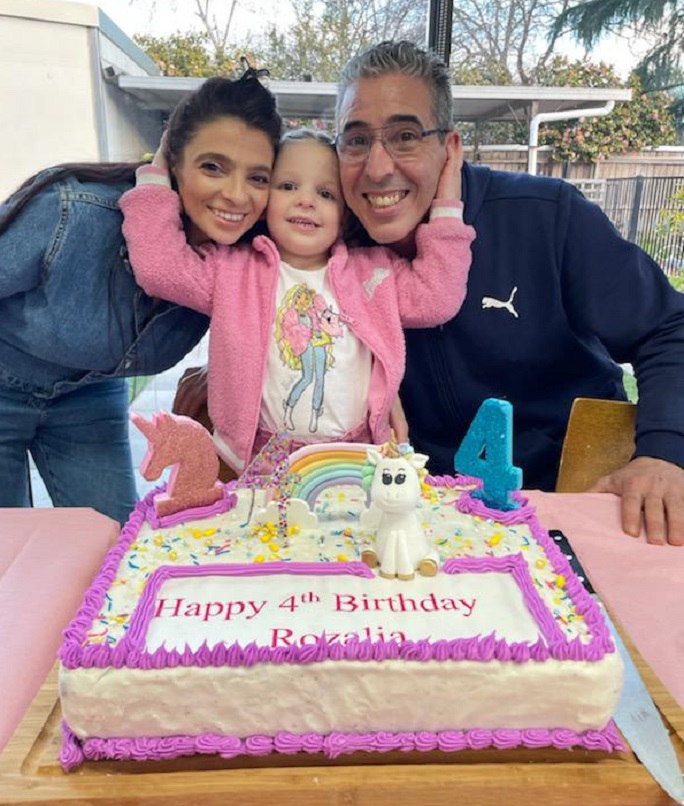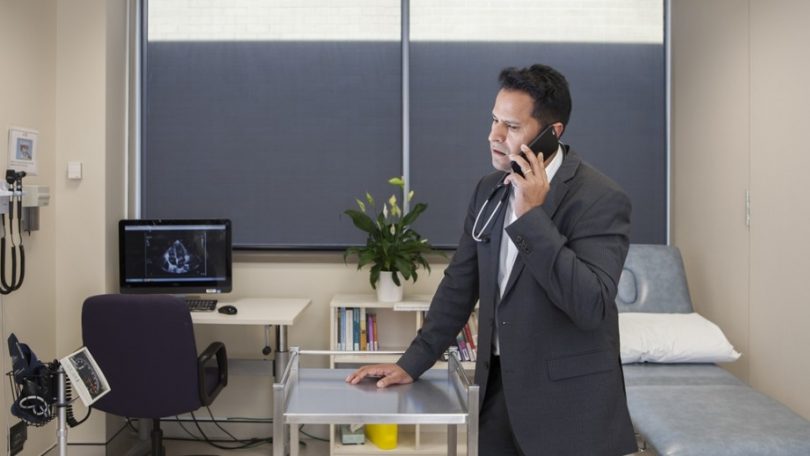
Brian Lovelock died in hospital in Sydney and Rozalia Spadafora died awaiting transport to Sydney. Their deaths have sparked calls for change. Photo: A Current Affair/Supplied.
Following the deaths of five-year-old Rozalia Spadafora and 13-year-old Brian Lovelock, the president of the ACT AMA has urged Canberra Hospital to implement better monitoring processes for sick children.
Brian died in early August after becoming seriously ill with COVID-19, his mother, Mel Clancy, told A Current Affair on Monday night (5 September). She said he had been underweight due to his eating disorder.
Paramedics were called to the house to assist after Brian collapsed in the shower on 5 August. A fire crew came to the house to provide backup to paramedics but allegedly refused to enter due to COVID-19 being in the house.
Ms Clancy said her son went into cardiac arrest when they arrived at the hospital. He was then given CPR for 45 minutes and was ventilated before Ms Clancy was told he would need to be taken to Sydney.
She told the program she had to wait with Brian for 12 hours before he was flown to Sydney. She was then told she could not accompany him.
“I wanted to be with him. It was torture,” she said.
Brian died a week later in hospital in Sydney. His funeral was last week.
His mother said she does not want to see another family suffer as hers did.
The teenager’s death followed that of five-year-old Rozalia. She died a day after her fifth birthday at Canberra Hospital.
Both deaths are under investigation by the coroner.

Rozalia and her parents on her fourth birthday. Photo: Supplied.
Rozali died on 5 July. Her parents were told their daughter died from a heart condition called myocarditis due to an influenza A infection.
Her mum, Katarina, has since spoken out about feeling as though the hospital did not take her concerns seriously.
“I want to know why. Why did it take so long to look after her? Why don’t we have these proper doctors?” she questioned.
“We’re speaking out to help other families. This cannot happen to anyone else. No parent should have to suffer this.”
Mrs Spadafora was interviewed by A Current Affair a number of weeks ago. In the interview, she urged the hospital to take mothers seriously when they come in with their sick children.

Professor Walter Abhayaratna said the ACT’s monitoring system for ill children could be improved. Photo: File.
Australian Medical Association ACT president Professor Walter Abhayaratna told the program last night Canberra Hospital should copy NSW and Victoria and implement a more frequent system of monitoring sick children who present to the Canberra Hospital.
“Instead of four-hourly monitoring, it would be half-hourly and then an escalation which means a different group of staff look after the patient,” he said.
Professor Abhayaratna said some early-warning systems in other states included listening to parent concerns.
“An avoidable death is a tragedy that has to have a response from the healthcare system,” he said.
“Concerns about critically ill paediatric patients have been [around] for at least the last decade in the Territory.”
Region requested interviews with Health Minister Rachel Stephen-Smith and Canberra Health Services CEO Dave Peffer.
In last night’s broadcast, Ms Stephen-Smith told reporters the death of any child was a tragedy. She has declined to comment on individual matters while investigations are ongoing.
A Current Affair said they had requested an interview with the Health Minister four times.
Opposition spokesperson for health Leanne Castley called on the government to review emergency paediatric care for seriously ill children.
“If the president of the ACT AMA is saying the system currently in place at the Canberra Hospital does not identify extremely unwell children early enough, especially compared to other states like NSW and Victoria, then this is something that needs to be addressed immediately,” Ms Castley said.
“I agree with the Health Minister when she says the death of any child is a tragedy, but the question remains, what is she doing today to improve things following these deaths?”
The hospital has indicated it will await the results of any investigations before making changes. Mr Peffer took on notice a question from Ms Castley in budget estimates hearings on the number of deaths in paediatrics which have had to be reviewed in the past three years.













